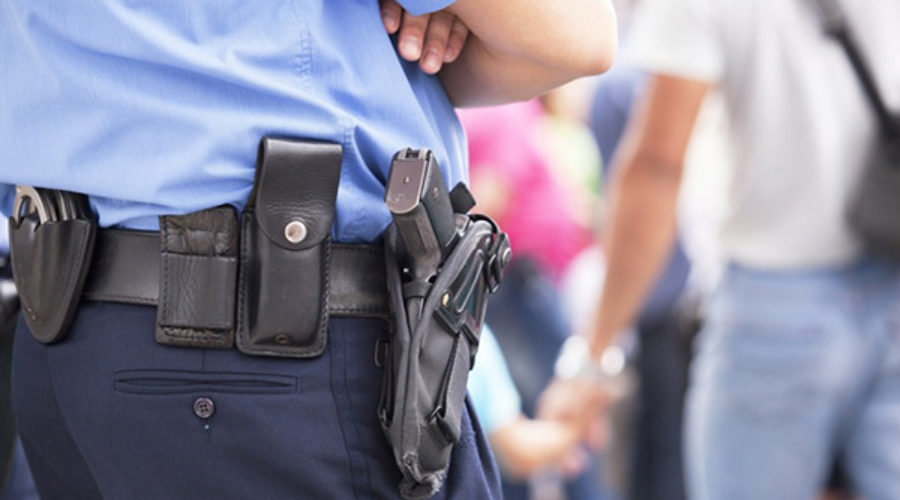A police officer is someone who is supposed to protect people and keep communities safe. But during the Parkland, Florida school shooting in 2018 the school resource officer, Scot Peterson, stood outside the school not doing enough to mitigate the situation, according to prosecutors in Florida. Meanwhile, innocent students lost their lives inside.
However, Mr. Peterson said he did respond, by alerting the police, locking the school down, and evacuating children in the courtyard. “There wasn’t even time to think,” Mr. Peterson told The Washington Post. “It just happened and I started reacting.”
According to the New York Times, Mr. Peterson faces 11 charges of neglect of a child, culpable negligence, and perjury under Florida law. But what if this had happened in Minnesota?
Minnesota’s child neglect statute, Minn. Stat. § 609.378, makes it a crime for “A parent, guardian, or caretaker who willfully deprives a child when the caretaker is reasonably able to make the necessary provisions… and the deprivation harms or is likely to substantially harm the child’s physical, mental, or emotional health is guilty of neglect of a child.” Prosecutors could make the argument that Officer Peterson, as a caretaker, harmed the children’s physical, mental, and emotional health by not protecting them and thus contributing to some students being shot and some seeing their friends get shot. On the other hand, the defense could argue that the officer’s actions did not substantially harm the students because he didn’t directly do anything to harm them, the shooter did. Additionally, he did not neglect students because he called for backup, locked the school down, and evacuated some children. Lastly, the defense could argue a police officer is not considered a “caretaker” in the sense that day care providers and babysitters are.
In Florida, Officer Peterson is being charged with culpable negligence. The Minnesota equivalent to culpable negligence is manslaughter in the second degree, Minn. Stat. § 609.205, specifically Subd. 1. This makes it a crime for “A person who causes the death of another by the person’s culpable negligence whereby the person creates an unreasonable risk, and consciously takes chances of causing death or great bodily harm to another.” Prosecutors could argue the officer is guilty because he was culpably negligent by not running into the school to confront the shooter after hearing the gunshots, thus causing death and great bodily harm to students. On the other hand, defense counsel may argue that the officer did not “cause” the death of anyone, nor did he “create” an unreasonable risk, nor did he “consciously take chances of causing death.”
Under Minn. Stat. § 609.48, perjury involves making “a false material statement not believing it to be true … or for an action, hearing or proceeding of any kind in which the statement is required or authorized by law to be made under oath or affirmation.” At issue here is whether Officer Peterson lied to investigators about when he heard gun shots. Prosecutors obviously will argue he falsely told investigators he didn’t hear gunshots at first despite evidence to the contrary. The defense may have a difficult time with this charge depending on the specific wording and context of the statements Officer Peterson provided to investigators.
We usually hear of cops using excessive force or overreacting. And usually the cops are not charged criminally, but there are civil lawsuits, often with large payouts to victims. This situation is extremely unique because at issue is whether it’s a crime for a cop to not do enough to confront a shooting. In this case, that will be decided by a jury at trial.


